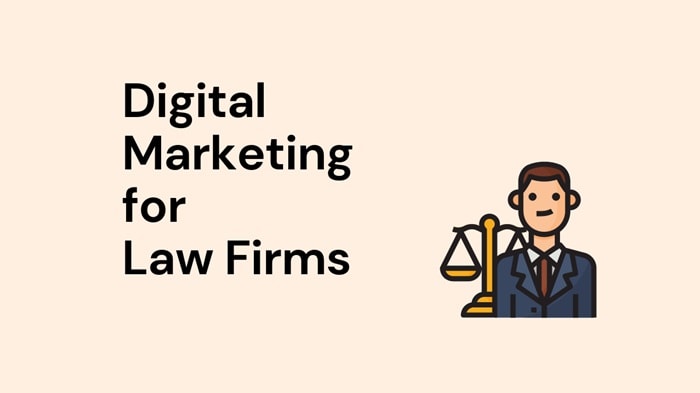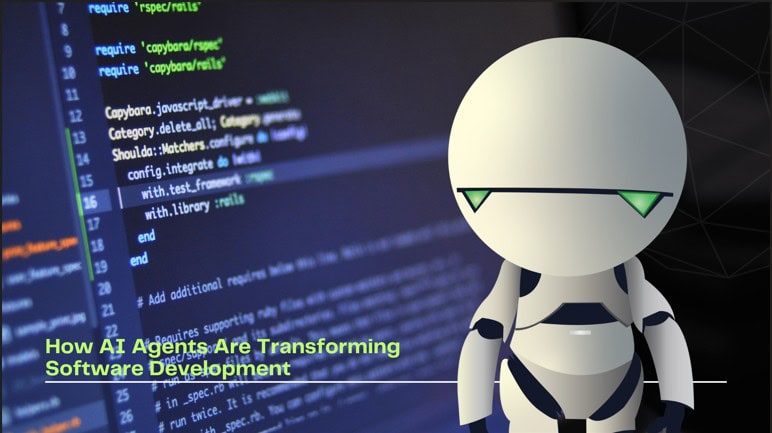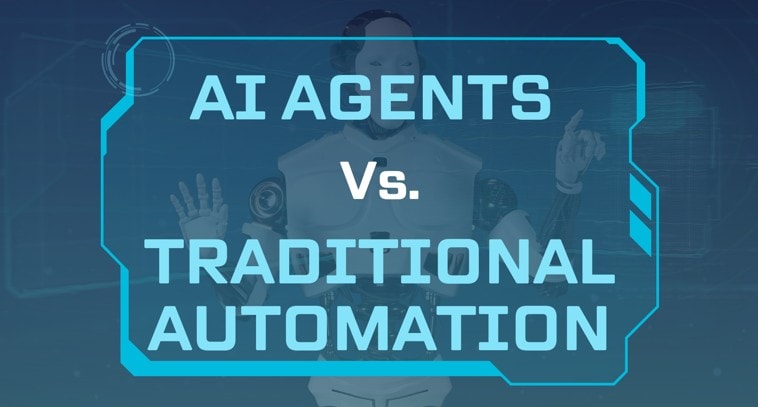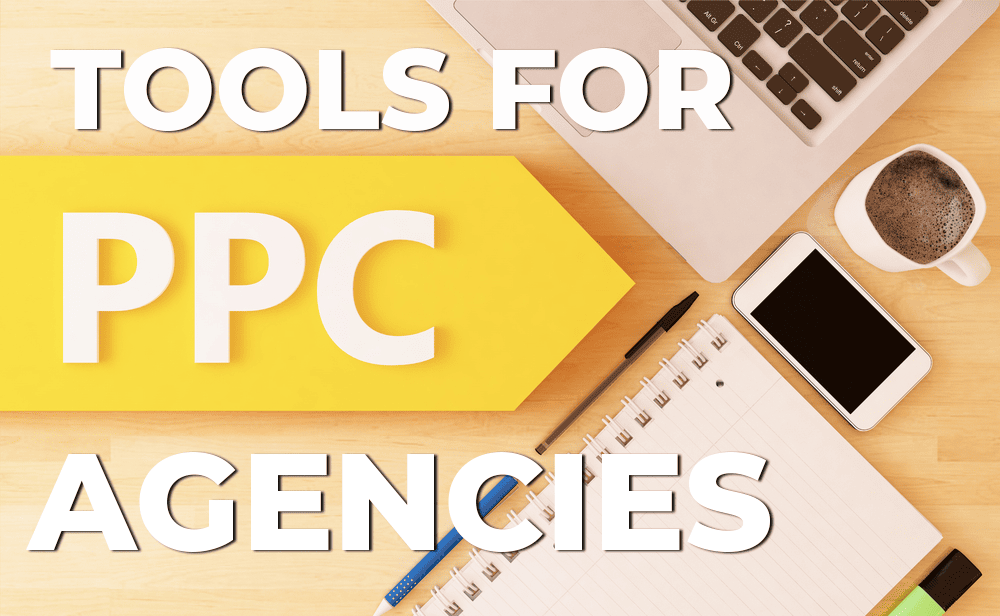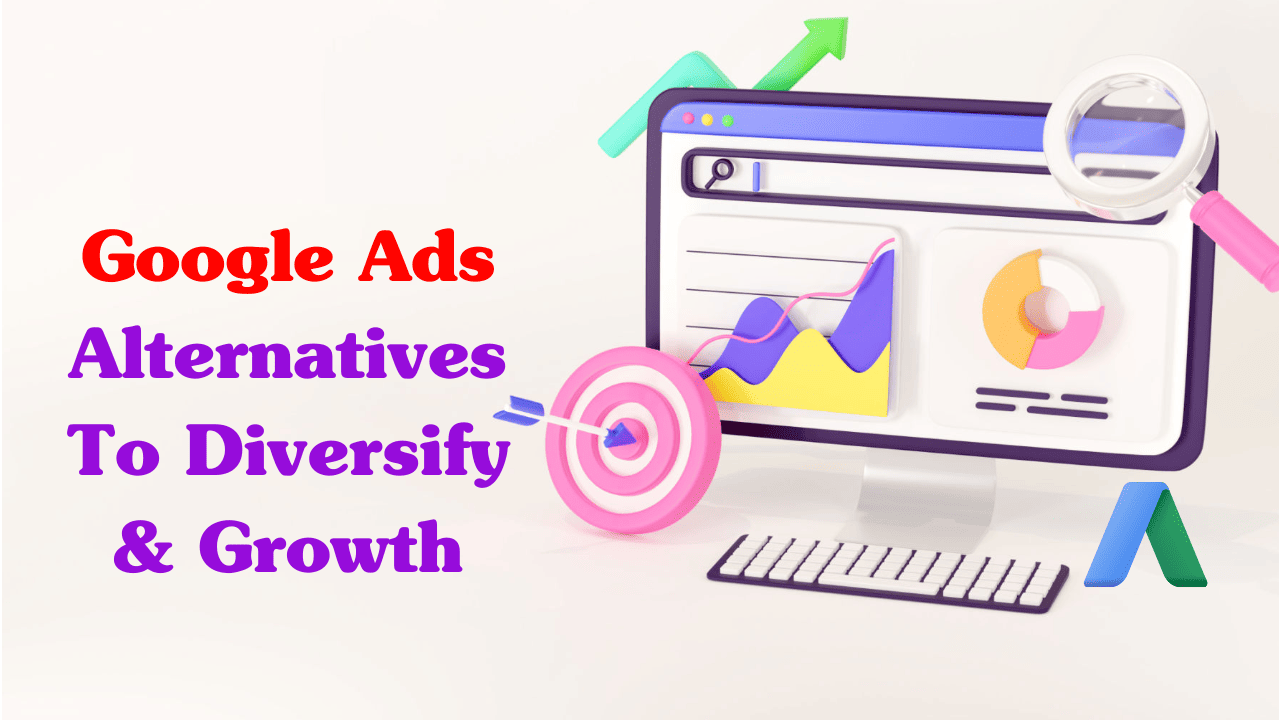Trends and challenges are already showing for the PPC marketer in 2025. Much of these are influenced by changes in privacy regulations and data environments, compounded by ongoing economic challenges. So, what exactly are these obstacles, and how can we equip ourselves to manage them effectively?

Audience Targeting
As third-party cookies finally disappear, along with a tightening of consent regulations, the depth of website data available to target will decrease. That decreases your targeting options, meaning smaller, more slowly growing audiences for remarketing and, in turn, decreased campaign performance.
First-party data is becoming quite critical. However, it is solely a challenge to depend on the clients and businesses themselves for encouraging and enhancing their data, given that most do not understand its value.
First-party data won’t have the same scale as compared to GA4 audiences, Google Ads remarketing audiences, or Meta custom audiences, but it’s going to be an important piece moving forward in terms of augmenting smart bidding and other automated features within your account. While audience data quantity may shrink, focusing on quality via savvy data capture strategies becomes crucial.
The Content
Content strategy in the search has undergone a sea change in recent years, reflecting changes observed at many levels of PPC marketing. From text format ads, through extended text format ads to responsive search ads today, the transformation has taken the form of an increase in the number of headlines and descriptions but with a reduction in customized variations.
Gone are the days of campaigns riddled with ad groups for single keywords. It’s about streamlining now.
Despite increased flexibility, there’s still a bit of performance distrust about how Google will treat creatives. So, many strategies veer off best practices to claw back control, often through feed-only asset groups.
You can also read: Understanding the Causes of Traffic Decline Despite High Rankings
That may sound unsettling, but it’s turning into reality piece by piece. Even pinning the titles and descriptions—a sense of control is reached-further changes in the AI of the new features continue to reduce hands-on testing capability.
The trend toward AI-generated ad creatives brings about the question of authenticity and originality of ad creatives. From account managers to marketing departments, losing control is becoming one of the biggest challenges.
While all platforms for advertising move into AI-driven content creation, the differentiation and ability to stand out from competition will be a hard yet fertile proposition teeming with opportunities. Turning AI into a tool used for guiding content creation rather than creating it, purely, is set to be a distinguishing factor in those areas that show success for PPC marketing.
Campaign Optimization
The face of regular campaign optimization has changed a lot in recent times. Innovations in smart bidding have changed the way one used to perform manual bidding. Negative keywords remain an important part of daily optimization, but they are more time-efficient than before. The introduction of Performance Max gave another dimension to how campaigns needed to be reviewed and optimized.
Also, the introduction of the Demand Gen campaign type added one more competitor to the list of darling Google campaigns. The trend towards campaign types, which have minimal targeting input signals is a growing interest in simplification.
This ultimately cuts down on time spent in the Google Ads accounts for performance enhancements. The whole point of Google’s multi-channel automated campaign type is to free up more time for strategic goals, not tactical tweaks.
Yet, the rise of feed-based campaigns puts the spotlight on Google Merchant Center. What was once domain scope is rudimentary knowledge for most PPC marketers now and has turned into an important aspect for campaign improvement through feed optimization.
Recognizing this shift, Google has expanded the GMC to include supplemental tools like price competitiveness reports, best seller reports, and the shopping experience scorecard to position the platform as a valuable resource for wider strategic initiatives. That being said, further, the pending complete migration to Google Merchant Center Next, among others continue to represent yet another learning curve for advertisers familiarizing themselves with new interfaces and capabilities.
The Report
Navigating the complexities of performance reporting remains a challenge, with Google’s algorithms and evolving AI features adding layers of uncertainty. While Google has made strides in insight reporting, concerns persist that certain reporting elements may remain concealed to avoid backlash.
You can also read: The Revolutionary Impact of Generative AI on the Future of Marketing
The accuracy of account-level conversions is also under scrutiny, particularly with the increasing coverage of consent mode and ongoing remodeling efforts. Additionally, the impact on GA4 from reduced audience coverage due to user opt-outs from cookie tracking raises questions about data reliability.
In the absence of robust GA4 reporting, reliance on platform-specific reporting, such as Magento, Shopify, and Woocommerce, has surged. However, these platforms often lack the comprehensive capabilities of GA4, needing workarounds to reconcile discrepancies and cater to client expectations accustomed to Universal Analytics reports.
Despite the ongoing struggle for many advertisers to transition to GA4, the platform offers new reporting features that add value. While a seamless transition may not be feasible, mastering GA4 custom reports and leveraging alternative features to replace old UA reports is key to adaptation.
Moreover, Google Merchant Center’s advanced reports fill some of the tactical reporting gaps within Google Ads, offering strategic insights into product positioning, market competitiveness, and product catalog opportunities. These broader discussions align with retailers’ preferences, focusing on scalable strategies rather than granular campaign metrics.
Tracking
Previously, tracking practices were relatively simple, often delegated to web developers, while many advertisers remained oblivious to the intricacies. Despite continued reliance on technical support, particularly for advanced conversion features, the landscape demands a more informed and proactive approach.
The year 2023 saw significant changes with the migration to GA4 and increased emphasis on enhanced conversions, alongside developments like consent mode V2, offline conversion tracking, and profit tracking.
Despite the availability of information and conversion tracking resources, a notable proportion of advertisers remain uncomfortable in this domain, exacerbated by agencies often not offering tracking implementation as a direct service. However, with impending cookie deprecation, these features transition from optional to imperative.
The minority who adeptly upskill and provide technical support will emerge as essential partners, especially as businesses recalibrate their objectives toward profit generation amidst economic challenges. Yet, many advertisers still prioritize revenue or ROAS targets without considering underlying profit margins.
You can also read: Google Shares Key Details of Consent Mode v2 For Advertisers
This misalignment gives an opportunity, as the vast majority of e-commerce accounts optimize for revenue or ROAS, overlooking the primary objective of profit for many businesses. Third-party tools like Profit Metrics enable the creation of conversion tags exclusively reporting profit per transaction, facilitating campaign-level optimization towards profit on ad spend.
The adoption of such tracking software holds the potential to revolutionize performance strategies, with its utilization poised for growth across various accounts.
Addressing PPC marketing challenges
During this period of advertising flux and economic volatility, clients will turn to their agencies and freelancers for guidance. Amidst the chaos lies opportunity, and those who welcome change and adapt quickly will emerge as suprerior voice, seizing the initiative.


